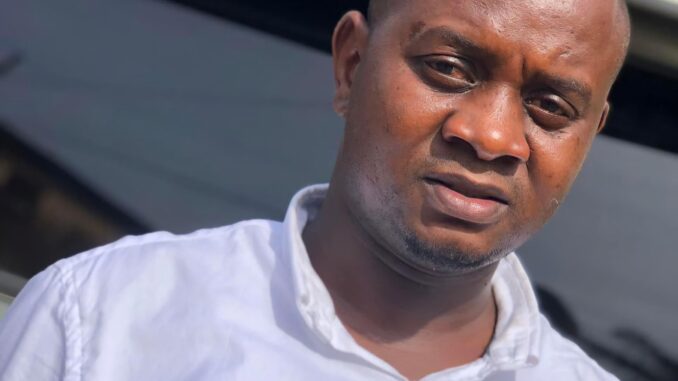
*SORIE’S COLUMN*
*Six Years Lies of Reliable Electricity, Pres, Bio Speaks Truth*
In 2018, the Sierra Leone People’s Party, led by Julius Maada Bio, swept into power with controversial results over the incumbent All People’s Congress party. One of the major criticisms levelled against the then APC government was the lack of affordable and reliable electricity for the people of Sierra Leone. President Bio promised to rectify this situation, vowing to make electricity accessible to all as a basic right for every citizen. However, despite these promises, the country has experienced a continued struggle with blackouts and power shortages since the SLPP took office. While the government claims to have increased electricity supply, the reality on the ground tells a different story. President Bio himself recently admitted that his administration has been misleading the public about the true state of electricity availability in the country for over six years under his leadership.
This admission has sparked outrage among the citizens of Sierra Leone, who feel betrayed by their government’s false promises. The lack of reliable electricity has profoundly impacted daily life, affecting businesses, education, and healthcare services. The people of Sierra Leone are demanding accountability and real solutions to the ongoing electricity crisis. The electricity shortages in Sierra Leone have reached a critical point, with blackouts affecting the daily lives of its citizens. The government has acknowledged the severity of the situation and is taking synthetic steps to address it in an attempt to solve it. Those steps are rather contrary to reality. In a recent move to increase access to electricity in rural areas, the government secured $12.7 million in funding from the World Bank, demonstrating a commitment to solving the crisis.
The resignation of the former Energy Minister Kanja Sesay due to the prolonged electricity crisis underscores the gravity of the situation. The government’s announcement of partial payment to energy providers, such as Karpowership, highlights the financial challenges faced by the country in ensuring a consistent power supply. The failure to meet payment obligations to energy providers like the Karpowership has resulted in a decrease in electricity supply, further exacerbating the problem. The lack of reliable electricity has not only affected households but also businesses and industries, hindering economic growth and development in the country.
Since coming into power, the Sierra Leone People’s Party has made promises regarding addressing the electricity issue, but the lack of progress and transparency has left many sceptical. The need for a comprehensive and sustainable solution to the electricity crisis is more urgent than ever, and the government must prioritize this issue to improve the lives of its citizens and stimulate economic growth.
We If the government persists in relying on synthetic solutions to the electricity crisis, the consequences for the country will be dire come 2025. The Anti-Corruption Commission’s efforts to recover stolen or embezzled funds from criminals have shown that there are significant resources available that could be used to address the electricity problem. In addition to these recovered funds, grants from international organizations such as the European Union, the Millennium Challenge Corporation, and other donor aid organizations could also play a crucial role in solving the electricity crisis.
As we approach 2025, it is clear that the issue of persistent blackouts must be tackled in order to ensure that Sierra Leoneans are able to enjoy their basic rights to essential services. Without a proactive and comprehensive approach to addressing the electricity problem, the country will continue to face severe power outages that will have far-reaching implications for its citizens. All stakeholders must work together to find sustainable solutions that will ensure a reliable and consistent supply of electricity for all.

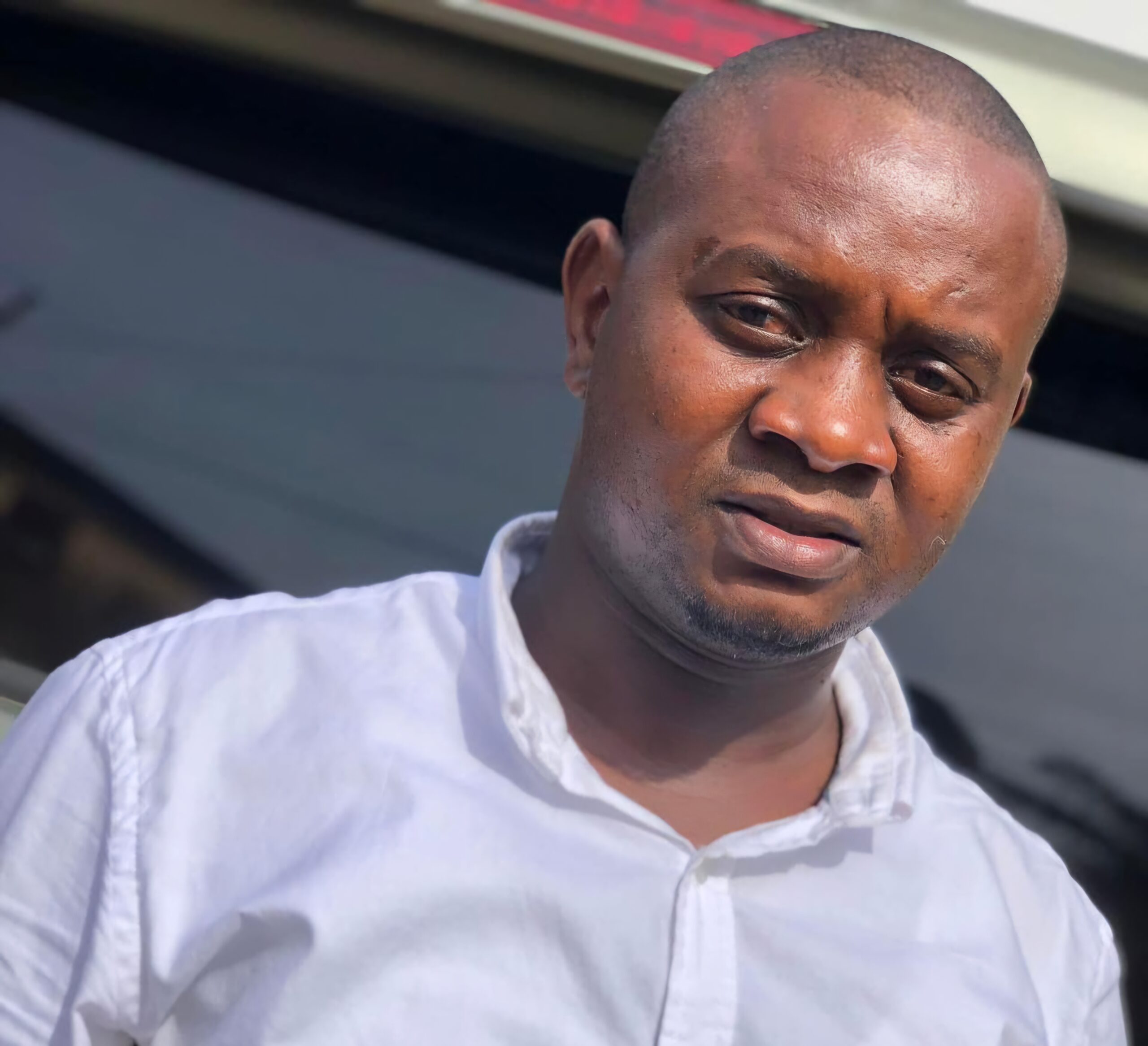
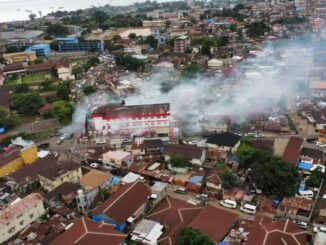
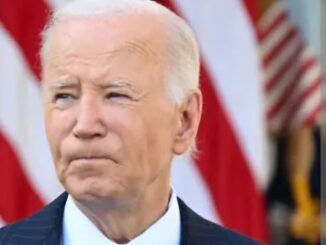
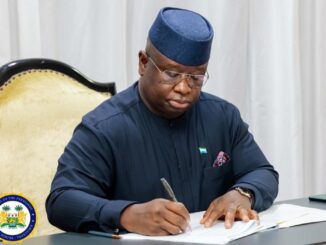
Leave a Reply